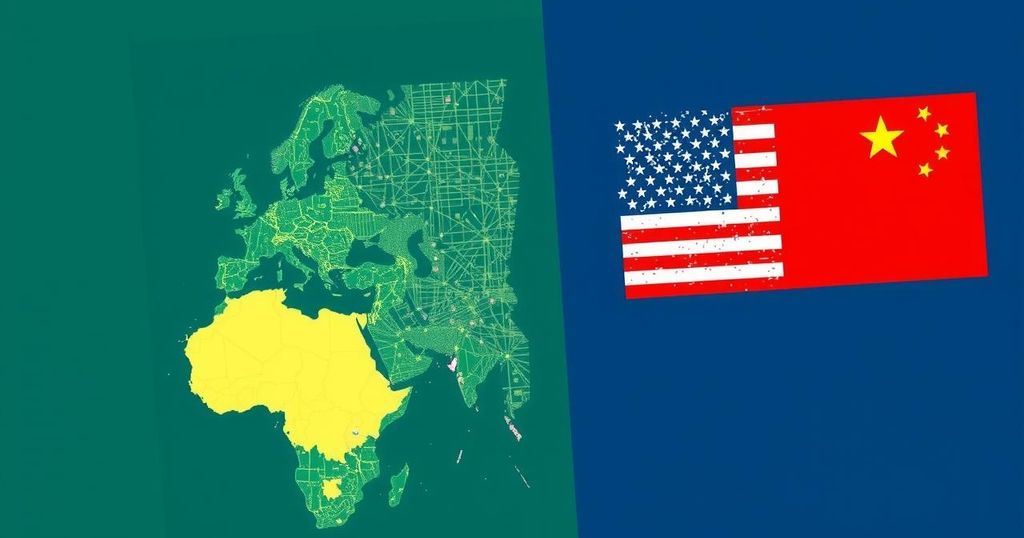Anticipating Trump 2.0: Disruption for Iran, China, and US Climate Policies
Robert McNally, former White House adviser, forecasts a Trump 2.0 era characterized by maximum pressure on Iran to prevent conflict, a confrontational strategy against China, and the dismantling of US climate policies. McNally views these changes as beneficial in promoting economic growth and national interests.
Former White House adviser Robert McNally has suggested that the upcoming Trump 2.0 era will introduce significant disruptions in relations with Iran, China, and environmental policy in the United States. He asserts that President Trump will implement a strategy characterized by maximum pressure to deter military confrontation with Iran while simultaneously confronting China’s global influence and dismantling existing climate initiatives, which McNally views as increasingly burdensome to the US economy. McNally believes that President Trump’s approach will center around promoting economic growth and prioritizing national interests. He argues that a shift away from extensive climate regulations could unleash potential for job creation and innovation within the fossil fuel sector, thereby positioning the United States as a leader in the global energy market. This viewpoint aligns with a broader perspective that highlights the potential economic benefits of deregulation. In McNally’s view, the Trump administration’s focus on economic pragmatism over multilateral climate agreements could redefine the dynamics of international relations, particularly with countries like China, where policy shifts may be necessary to counteract its growing influence. He emphasizes that the administration’s commitment to assertive diplomacy is essential to navigate these complex geopolitical landscapes, advocating for policies that march in sync with American interests without drifting into foreign conflicts.
The discussion surrounding Trump 2.0 is reflective of the heightened tensions in US foreign relations, particularly with Iran and China. Following previous tensions under the Trump administration, many anticipate a return to hardline tactics against Iran, primarily aimed at averting military engagements through economic pressuring strategies. Concurrently, as environmental concerns continue to take center stage, the approach towards climate policy is poised for substantial shifts, particularly through deregulation efforts designed to stimulate domestic industry. McNally’s insights provide a glimpse into the potential implications of a renewed Trump presidency on these critical international issues.
In summary, Robert McNally articulates a vision for Trump 2.0 that involves a multifaceted strategy aimed at exerting pressure on Iran, confronting China’s global policies, and recalibrating US climate initiatives for better economic performance. This perspective illustrates a potential pivot toward more aggressive diplomacy and economic deregulation that could significantly reshape not only US domestic policies but also its global interactions. McNally’s insights serve as a contemplative framework for understanding the complexities that the Trump administration may navigate upon his potential re-election.
Original Source: www.upstreamonline.com




Post Comment